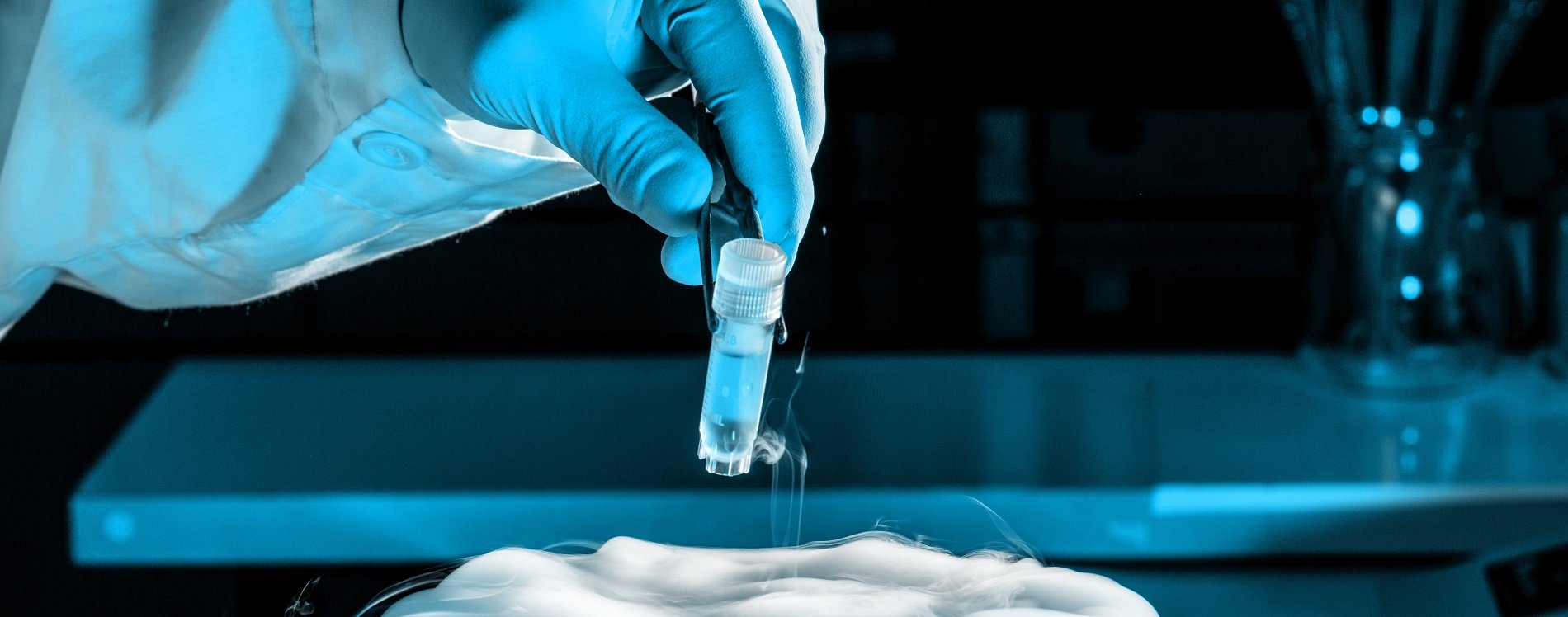Women are born with all the eggs we will ever have. Over time both the quantity and quality of the remaining eggs lessen, which is why eggs released from younger women are often of better quality and may result in a healthier pregnancy. If you are not yet ready for a family you may want to consider options for fertility preservation.
The most common method of fertility preservation is egg freezing. This allows a women to preserve her fertility at her current age, so she can become a parent when she is ready. Young couples may even choose to freeze embryos instead for the same reason. Nothing is faster than the speed of life. Careers, relationships, your health, and so much more. But starting a family just isn’t part of your plan right now. Still you wonder about your fertility if you wait too long. Fortunately, there’s a variety of ways to achieve pregnancy at a later date through in vitro fertilization (IVF) or intra uterine insemination (IUI). Female fertility options include egg and embryo freezing and males can also opt to freeze their sperm.
Where to Start?
Answer: Check in with a fertility specialist and ask them if you may be a candidate for oocyte cryopreservation (freezing eggs).
When to Start?
Answer: In general the younger the better when it comes to eggs (because age effects the total count and quality). If you are considering freezing your eggs, check in with your doctor before age 35. But if you are older it is still worth it to start the conversation with a fertility specialist as you may be a candidate.
What basic testing will my fertility specialist do prior to freezing eggs?
Answer: The initial work-up includes a review of your medical history, physical exam, blood tests, and a pelvic ultrasound. The blood work and ultrasound are done to evaluate ovarian reserve (to make sure the quantity of eggs remaining is appropriate for egg freezing). This can all be done at your initial visit.
Is this covered by insurance?
Answer: Typically oocyte cryopreservation is not covered by insurance as it is considered elective medical care. However, there are some larger companies offering coverage for this procedure.
What is a typical treatment cycle like to freeze eggs?
Answer: A typical treatment cycle requires using injectable medications to stimulate egg growth. Most patients will need to be seen in the office at least every other day during a cycle to monitor egg growth and timing of egg retrieval. Most treatment cycles require approximately 10 days of injectable medications, after which time an egg retrieval is performed to capture all of the eggs that have grown in response to the medications. After the eggs are retrieved they will be assessed by an embryologists and then frozen for future use.
What are the risks of egg freezing treatment?
Answer: The treatment is safe and effective with minimal risks. Side effects from the medications given during an egg freezing cycle may include bloating, headache, and breast tenderness. For most patients these side effects are reversible.
Is the procedure painful?
Answer: Anesthesia is given for the egg retrieval procedure so it does not cause pain. However, it is normal to feel cramping like a bad period after waking up from anesthesia.
How do eggs get frozen?
Answer: Eggs get frozen in a process known as vitrification. This means the eggs get flash frozen in liquid nitrogen and are safely stored until they are ready for use.
Will I be using up my egg supply faster by doing oocyte cryopreservation?
Answer: No you would not use up your eggs any faster. Every month a new group of eggs gets ready to grow and from this group only one egg will get the opportunity to ovulate. The remaining eggs will disappear and never get used. So in the process of egg freezing we are only preserving eggs that would otherwise never get used.
How many eggs is enough?
Answer: The jury is still out on this one, but the more eggs the better. In general, this number depends on the age at which you freeze your eggs and how many children you would want to have in the future.




